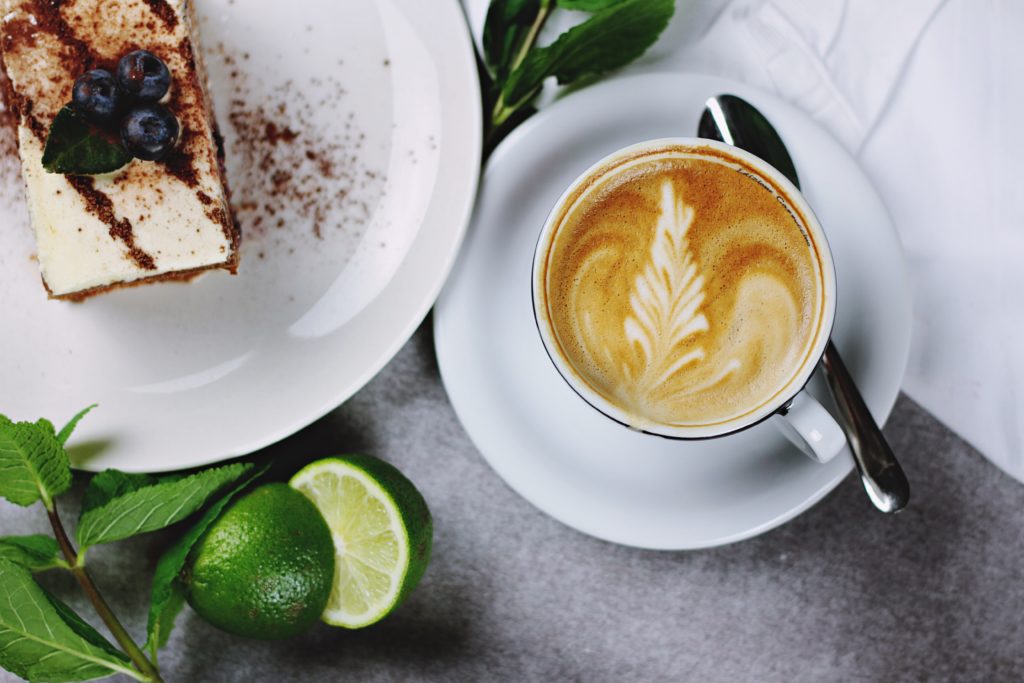
In previous issues of magazine, we explore the role of the sense of touch and smell in Coffee Tasting. Compared to the indirect influence by them, Taste Sense may be the most powerful one. This time we will talk more about the role of the gift of taste.
Feeling the world by every breath
When we talked about Coffee Tasting, many people think it is very far away from his/her daily life. Actually, it happens every moment in daily life. For example, in order to survive, we need to absorb essential substance by eating or drinking. This Tasting process has been repeating, which is something we all take for granted. Did you still remember last time that you quietly enjoyed your breakfast? The moment without any interrupt of cellphone, television nor magazine, but concentrating on feeling meals in different dimension – smell the sweet aroma of rice, experience the moisturizing feeling egg white by biting the fresh fried egg, feel the crispy, salty and vegetable green by chewing the cornichon…Simple taste leaves you wonderful impression.
Of course, the occasion happens also when you were almost late and having steamed bun in your mouth while working in a hurry, checking the news of moments unconsciously, surrounding by the incessant vehicles. The fragrance of steamed bun and salty flavor of meat filling are there, but you just eat it very quickly without tasting. From above, we can easily find that Tasting happens at every moment, and everyone can become a good Taster by systematically training.
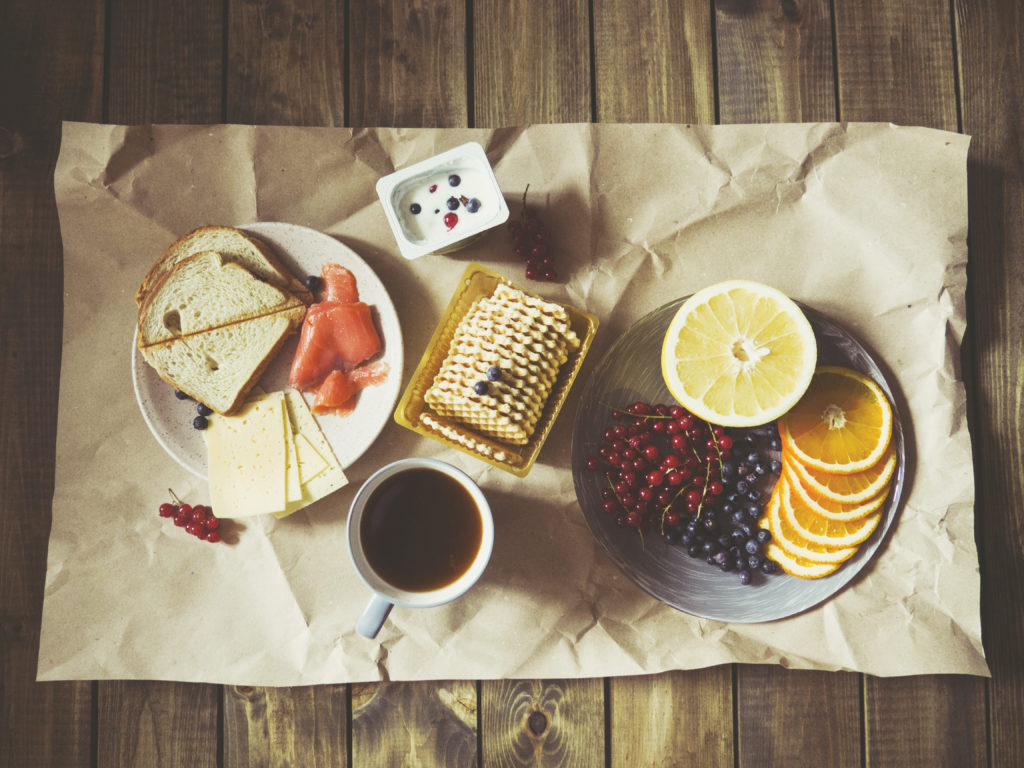
Everyone is able to taste
In sensory tasting world, Coffee is the least developed one, compared to wine and tea. Even if we are not expert in this, we always hear somebody talking like this wine is rich in tannin or this tea has a long sweet aftertaste. From these, we can find the study of wine and tea started very early, the Chief Sommelier and Tea Taster are created accordingly.
When talking about coffee – it has fruit acid! Frankly speaking, during my 8 years’ working experience in special coffee, the first reaction of 80% people who heard this word is – what do you mean, I want bitter coffee, I think only bitter coffee is the real coffee! When you are interested in this atmosphere, you can try to search though the internet by using the key words like “special coffee cupping” and “special coffee”. You will find the results as flavor wheel, aromas bottles, TDS, extraction ratio etc… hope this will not discourage you.
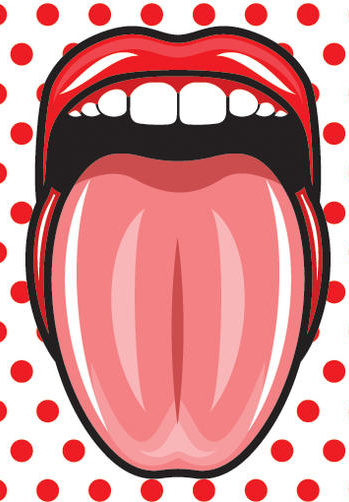 In my teaching career, around 95% students started their self-introduction by saying I am not that expert like you, so… I am not sure whether it is a spontaneous expression or it is because they want to find an excuse for unexpected result by giving a “warning” in advance. Here, I want to say impressively that everyone has the tasting capability.
In my teaching career, around 95% students started their self-introduction by saying I am not that expert like you, so… I am not sure whether it is a spontaneous expression or it is because they want to find an excuse for unexpected result by giving a “warning” in advance. Here, I want to say impressively that everyone has the tasting capability.
Sense of Taste: Subjective vs. Objective
Sense of Taste is a relatively subjective personal feeling. Actually we notice a KPI in every cupping test or competition rating form that participant should describe your current feeling honestly, all descriptive vocabularies and quantization degrees should be defined neutrally and observation in all directions.
Most of the people lost in panic at the first time of cupping. Based on their experiences, drinking a cappuccino in a beautiful café and enjoying the jazz while talking about dreams, are the normal coffee tasting situation. But here, in a quiet and closed environment, they need to perform cupping with a spoon, suck coffee liquid with a sounding of chuchu and stand there!
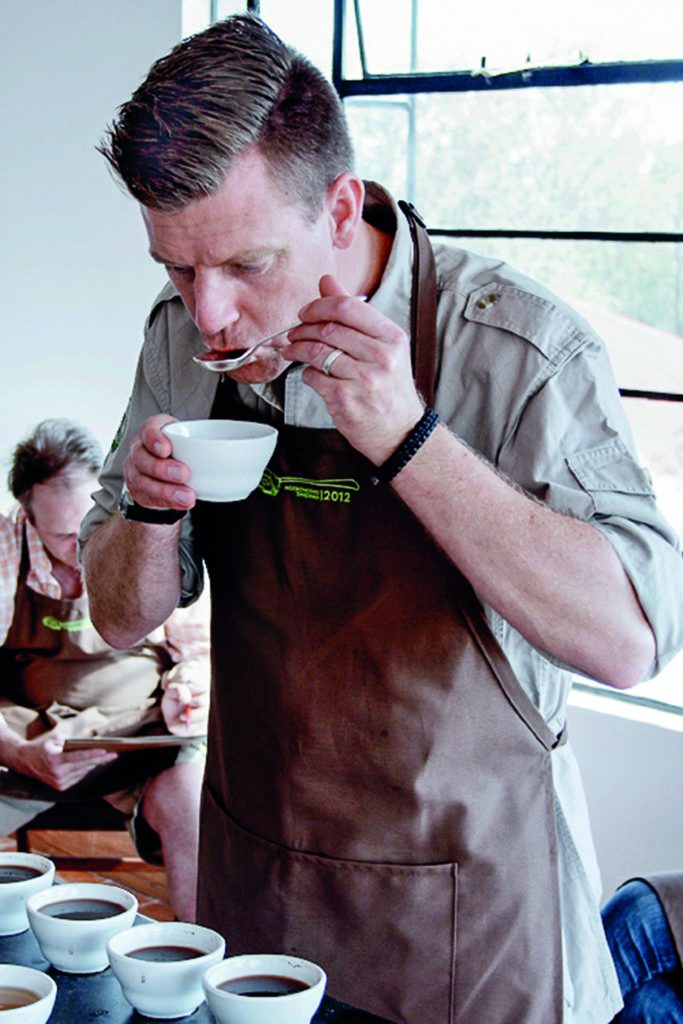 In addition, compare with Wine and tea, these 2 drinking both have special process step. For instance, while stored in different barrels and fermented to various degrees, Coffee beans will approach to Mother Nature (discussion here excludes Coffee beans baked with different spices). This is to say that the features of coffee in terms of fragrance, flavor and sense of touch is a little bit weaker than wine and tea. It is really very hard for one person to figure out the difference of coffee beans cultivated in different regions and processed in different ways.
In addition, compare with Wine and tea, these 2 drinking both have special process step. For instance, while stored in different barrels and fermented to various degrees, Coffee beans will approach to Mother Nature (discussion here excludes Coffee beans baked with different spices). This is to say that the features of coffee in terms of fragrance, flavor and sense of touch is a little bit weaker than wine and tea. It is really very hard for one person to figure out the difference of coffee beans cultivated in different regions and processed in different ways.
First of all, we need to make it clear there is distance and difference between the features of observed objective and your feeling of these features. For example, 80% of the non-trained and revised taster described the washed Yirgacheffe as a light and sweet coffee at the first time of tasting. If I asked, was it sour? 70% of them thought it not sour. The fact is the acid degree of Yirgacheffe is not low. The reason of their feeling is the acid degree of Yirgacheffe is showed as fresh fruit (similar to citrus), some high quality beans even have flower fragrance. The after taste of caramel is also very good, all of which makes first tasters did not think it sour. However, if they are trained on related topics, tasters will become very sensitive to acid degree and can tell different sourness from each other, which further help tasters to enjoy the sweet and sour feeling of coffee. All above shows that everyone is able to taste after hard exercises.
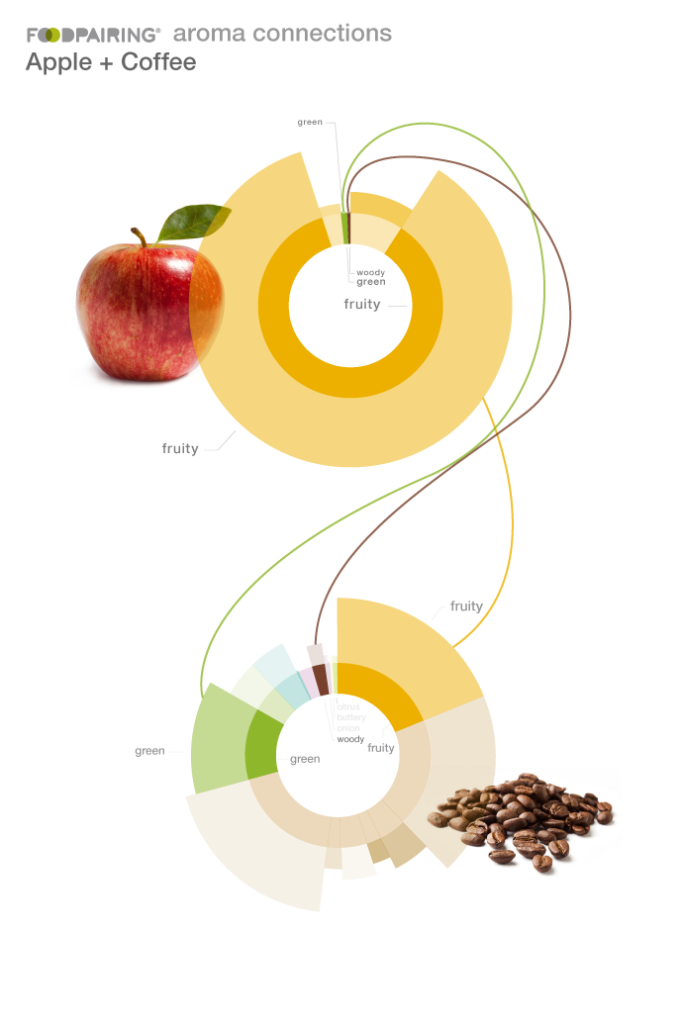 Cupping & flavor description – first approach of coffee taste
Cupping & flavor description – first approach of coffee taste
In professional coffee tasting, cupping is the major method. Here, I try to explain this concept in simple words.
1. Definition of Cupping
Cupping is a way that practitioners judge coffee’s quality. Though a SOP (standard operation process) – in a quantified container, put certain ratio of coffee powder and water (proper grinding degree and fixed water temperature) and soak for a while, then extract floating coffee grounds. Grade this coffee objectively based on its features (dry aroma, cup aroma, sourness/flavor/richness/balance through sucking). By following this SOP and avoid human intervention coming from different brew method, taster taste the coffee based on their own sensory experience, score the coffee in all dimension rather than personal preference.
2.Flavor description
Flavor description is a difficult point for new learner of cupping. Newbies always have feeling like similarity in memory but hard to tell. Unless coffee beans have a certain outstanding feature that recall your memory of previous tasting experience, for example, sun processed coffee vs. dried pineapple, it will make you hard to describe its flavor. Actually, flavor description is not an answer that appeared suddenly in your brain.
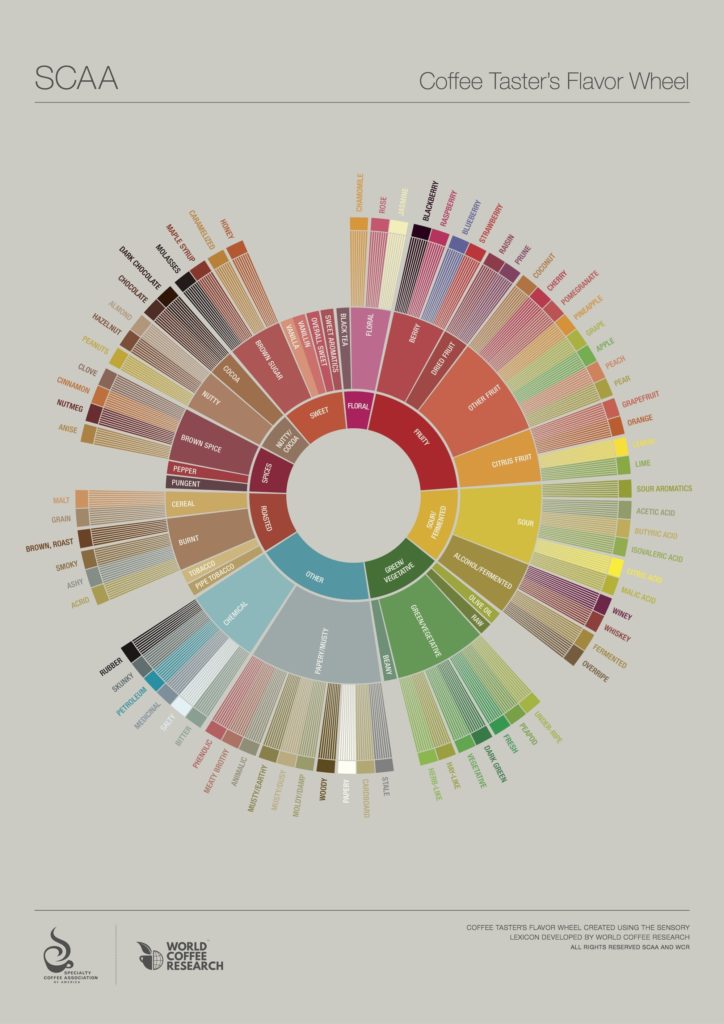 First of all, you need to enhance your sensory experiences in daily life so that you can enlarge your sensory feeling scope and try to understand and describe what you are drinking. If you think something sour, try to tell out which kind of sourness, sort of fruit? Which kind of sweetness, caramel? Then you try to analyze your feeling and improve your understand of tasting. The definition of flavor by SCAA (Specialty Coffee Association of America) is the features represented major by coffee, and comprehensive impression of tasting by tongue and smelling by nose. So, when you describe a flavor, you need to take consideration of fragrance strength, quality and complexity.
First of all, you need to enhance your sensory experiences in daily life so that you can enlarge your sensory feeling scope and try to understand and describe what you are drinking. If you think something sour, try to tell out which kind of sourness, sort of fruit? Which kind of sweetness, caramel? Then you try to analyze your feeling and improve your understand of tasting. The definition of flavor by SCAA (Specialty Coffee Association of America) is the features represented major by coffee, and comprehensive impression of tasting by tongue and smelling by nose. So, when you describe a flavor, you need to take consideration of fragrance strength, quality and complexity.
If you want to systematically learn this knowledge, you can start with some professional tools, as flavor wheel and coffee nose… it is not hard to find that the flavors in the wheel have great relationship with our daily meals and life. When you have these tools, remember to practice and practice again, make full use of them!
The trained Tasting ability – from be aware of the tasting to be professional to taste
Most people’s sensory capabilities start from a same line, the gap forming latterly is by “conscious practice”. It is influenced by your preference and living habits. It is like girls are more familiar with aroma of lavender and rose, or you are very sensitive to apple’s sweetness and sourness because you like to eat apples…the more you like, the more you are going to experience. Time and time again, this enhance your familiarity of this kind of flavor and you can tell it out immediately during cupping. You will find “tasting can be easily felt and described”, which encourage you positively and turn out to the result of more likeness of apples. This is a series of reactions and it is the same theory of coffee tasting training.
 This is also why it is very important to learn cupping form and score tables, rather than simply transferring English to Chinese, we need to understand their meaning behind like the words of rules, examples. We can start to find flavor description example from our life. Ex. The quality of sourness of pure citron juice is not good, because it has only and strong sourness. But if we add some honey to pure lemon juice, the strength of sourness remains the same but quality of sourness is getting better (accompanied by proper sweetness). In this way, we need to be open to different flavors, don’t be afraid of your first feeling (ex. I feel the sweetness of candied fruit). In the meanwhile, you should figure out the coffee beans features in an objective and serious way. Only by combining the 2 ways, can we make a right flavor description.
This is also why it is very important to learn cupping form and score tables, rather than simply transferring English to Chinese, we need to understand their meaning behind like the words of rules, examples. We can start to find flavor description example from our life. Ex. The quality of sourness of pure citron juice is not good, because it has only and strong sourness. But if we add some honey to pure lemon juice, the strength of sourness remains the same but quality of sourness is getting better (accompanied by proper sweetness). In this way, we need to be open to different flavors, don’t be afraid of your first feeling (ex. I feel the sweetness of candied fruit). In the meanwhile, you should figure out the coffee beans features in an objective and serious way. Only by combining the 2 ways, can we make a right flavor description.
In the systematical training of special coffee tasting, we should keep openness and rigor. Besides practices of sensory capabilities, we should taste more kinds of food to enhance our flavor pools. It is also very important to set up the baseline of tasting sense. It is suggested to follow the 3 steps:
- Understand the definition
- Practice and practice again
- Keep exchange with others, no matter with your family or friends, even big names in coffee industry. You can exchange your feeling of taste with them, listen to their opinions and understand the difference between each other.
Besides, try to avoid strong stimuli, like smoking, over-absorbing of alcohol etc. regular living habits can help to improve the sensitivity of feelings. At last, keep patient during training process. Because this process takes long time to accumulate, from several days to 2 months.
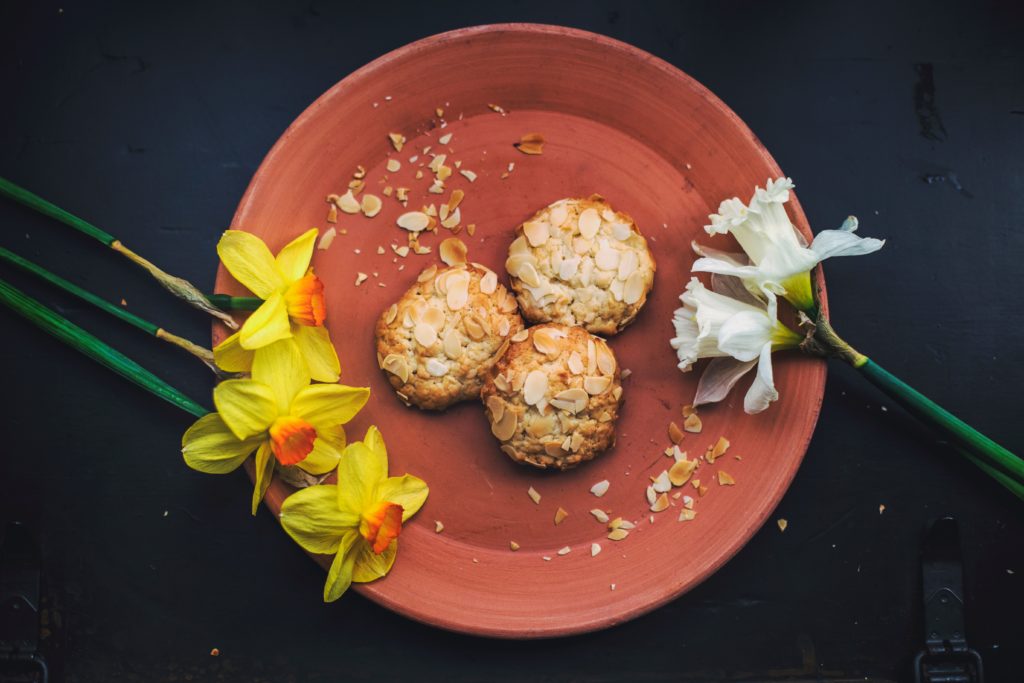
During these years coffee training, I find the most popular course is coffee brewing. But I think tasting training course is the basic of the basic. If you can enhance your sensory capabilities, you will improve the ability to good or no good flavors, which means you know how to make a good coffee or how to adjust the brewing conditions. Even in coffee roasting, if a roaster start to loss the tasting ability, he cannot estimate and ameliorate the balance between baking development and caramelization to show different features of coffee beans.
Written by Qiaowen WU, CTO of Xiangji Coffee training school; A fan of coffee, 8 years working experiences in coffee industry, several times jury of coffee competitions.









NO COMMENT